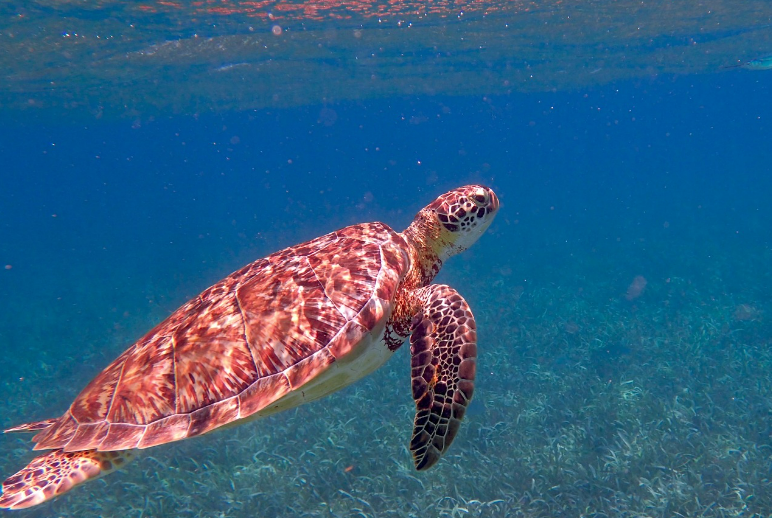King 567, Betbhai247, Apbook247: Exploring the depths of the ocean holds immense significance for marine conservation efforts worldwide. By delving into uncharted waters and discovering new species and ecosystems, scientists can better understand the delicate balance of marine life. These findings play a crucial role in informing conservation strategies and policies to protect vulnerable species and habitats from human-induced threats.
Furthermore, ocean exploration provides valuable data on the impacts of climate change, pollution, and overfishing on marine ecosystems. By studying the health of coral reefs, the abundance of marine species, and the presence of pollutants in the ocean, researchers can assess the state of the marine environment and advocate for sustainable practices to preserve biodiversity. Through continued exploration and research, we can work towards safeguarding the oceans for future generations to enjoy and benefit from.
� Ocean exploration helps scientists discover new species and ecosystems
� Findings from exploration inform conservation strategies and policies
� Data collected assists in understanding the impacts of climate change, pollution, and overfishing on marine ecosystems
� Researchers can assess the state of the marine environment through ocean exploration
� Exploration contributes to advocating for sustainable practices to preserve biodiversity
Historical Development of Ocean Exploration Initiatives
Ocean exploration initiatives have a rich history that dates back centuries. Early civilizations, such as the Phoenicians and Greeks, were among the first to venture into the vast unknown of the oceans. Their quests for new lands and resources paved the way for future exploration efforts.
During the Age of Discovery in the 15th and 16th centuries, explorers like Christopher Columbus, Ferdinand Magellan, and James Cook embarked on daring voyages to map uncharted waters and discover new trade routes. These expeditions not only expanded geographical knowledge but also laid the foundation for more systematic and scientific ocean exploration in the centuries that followed.
Technological Advances Driving Ocean Exploration Efforts
Apbook365, Apbook Login, Goexch777: The evolution of underwater robotics has been pivotal in expanding the frontiers of ocean exploration. Autonomous underwater vehicles (AUVs) equipped with advanced sensors and imaging systems have revolutionized our ability to map the ocean floor and investigate deep-sea ecosystems in unprecedented detail. These AUVs can navigate through challenging underwater terrains with remarkable precision, providing scientists with valuable data to better understand marine biodiversity and the impacts of human activities on ocean health.
Another significant technological advancement driving ocean exploration efforts is the development of remotely operated vehicles (ROVs). These tethered robots are capable of delving into extreme depths where human divers cannot reach, enabling exploration of deep-sea environments such as hydrothermal vents and underwater caves. Equipped with high-definition cameras, sampling tools, and manipulator arms, ROVs allow scientists to study delicate ecosystems without disturbing them, leading to new discoveries and insights into the mysteries of the deep ocean.
Why is ocean exploration important for marine conservation?
Ocean exploration helps scientists understand and protect marine ecosystems, endangered species, and monitor the impacts of human activities on the ocean.
How has ocean exploration evolved over time?
Ocean exploration has evolved from early expeditions using simple tools to sophisticated technologies like underwater drones, ROVs, and satellite imaging.
What role do technological advances play in driving ocean exploration efforts?
Technological advances like ROVs, AUVs, satellite imaging, and advanced mapping tools have greatly expanded our ability to explore the ocean depths and gather valuable data for scientific research and conservation efforts.
How can individuals contribute to ocean exploration and marine conservation?
Individuals can support ocean exploration and conservation efforts by reducing plastic pollution, supporting sustainable fishing practices, and advocating for marine protected areas and conservation policies.

